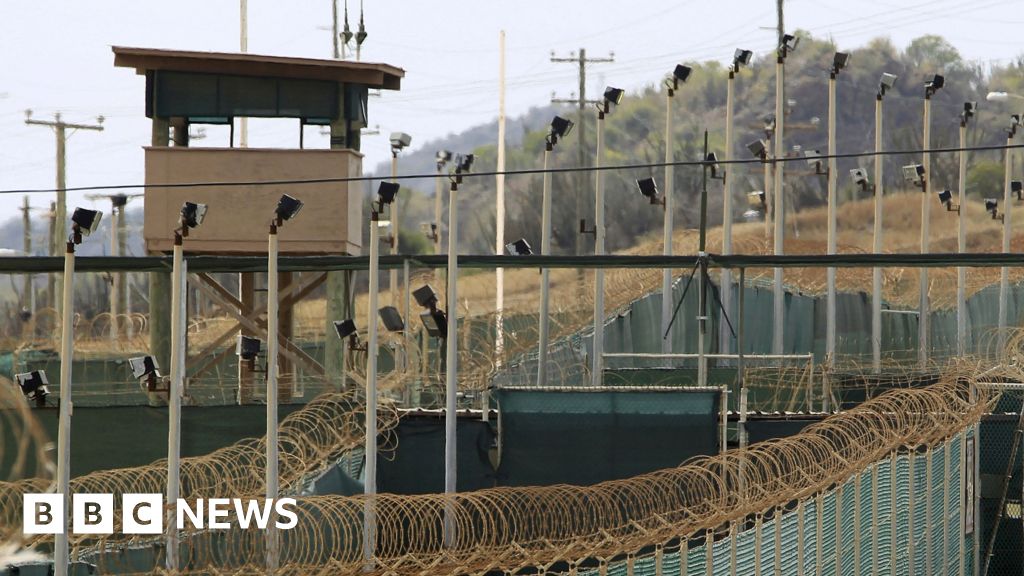2/11/2023–|Last updated: 11/2/202310:50 PM (Mecca time)
Israel’s natural gas exports have fallen by 70% since the shutdown Tamar gas Last month, in a related context, the British Central Bank warned of the repercussions of the continued war in Gaza on global energy prices.
The accounting and consulting firm BDO Israel estimated – in a report published today, Thursday – the economic losses of the closure of the Tamar field at about 800 million shekels ($201 million) per month.
The company’s chief economist, Chen Herzog, said that the report was commissioned by Tamar’s partners – including Chevron and Isramco – and was submitted to the Israeli National Security Council.
The Tamar field in the Mediterranean is the second largest offshore field in Israel, as it supplied 8.7 billion cubic meters of gas to the Israeli market last year, while exporting another 1.57 billion cubic meters to Egypt and Jordan. Its largest field, Leviathan, is mostly intended for export.
Israel suspended production in the Tamar field on October 9, two days after the operation “Al-Aqsa Flood” Launched by the Palestinian resistance led by Izz al-Din al-Qassam Brigades The military wing of the Islamic Resistance Movement (agitation) which was followed by a continuing Israeli aggression on the Gaza Strip, causing the death of more than 9,000 Palestinians and wounding more than 22,000 others.
The supplies were redirected via a pipeline in Jordan, rather than a direct undersea pipeline to Egypt.
Industry sources say that to compensate for the loss of the Tamar field, Israel has turned to more expensive fuel sources and diverted gas normally exported from the Leviathan field to the domestic market.
This led to a 35% drop in weekly gas production and a 70% drop in exports.
Herzog warned that if the war escalated, it would lead to a further reduction in Israeli gas production, and the economic cost would increase significantly because it would require Israel to not only reduce exports, but also shift domestic electricity generation to expensive coal and diesel instead of gas.
A Chevron spokesman said it is focused on safe and reliable supplies of natural gas for the benefit of the Israeli domestic market and regional customers.
Economic uncertainty
In the context of the repercussions of the Israeli aggression on the Gaza Strip, Governor of the Bank of England (British Central Bank), Andrew Bailey, warned today that the events taking place in the Middle East raise a state of economic uncertainty and the risks of rising energy prices. This came during a press conference in London.
He added, “So far I would say that this has not happened, and this is clearly encouraging, but the risk still exists.”





